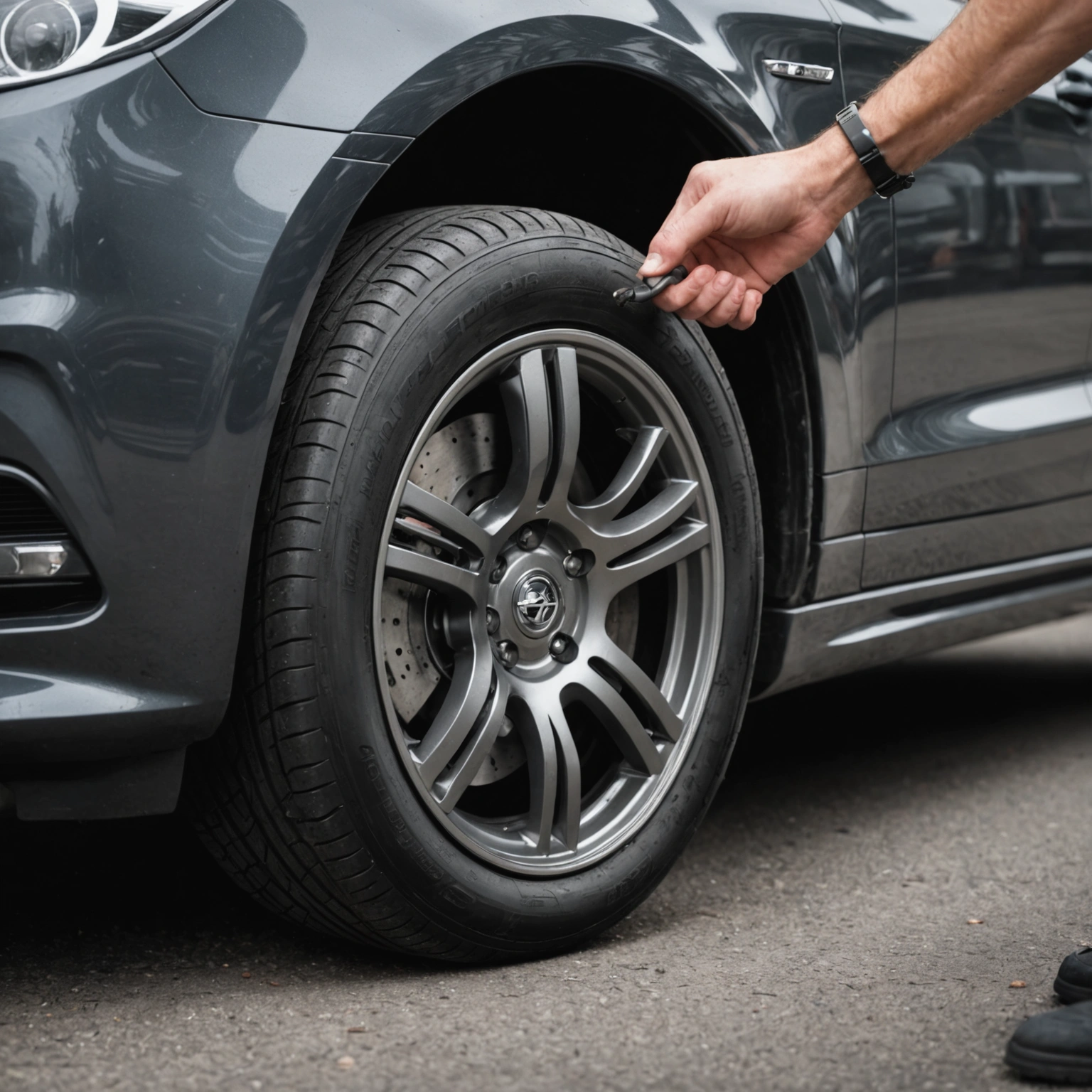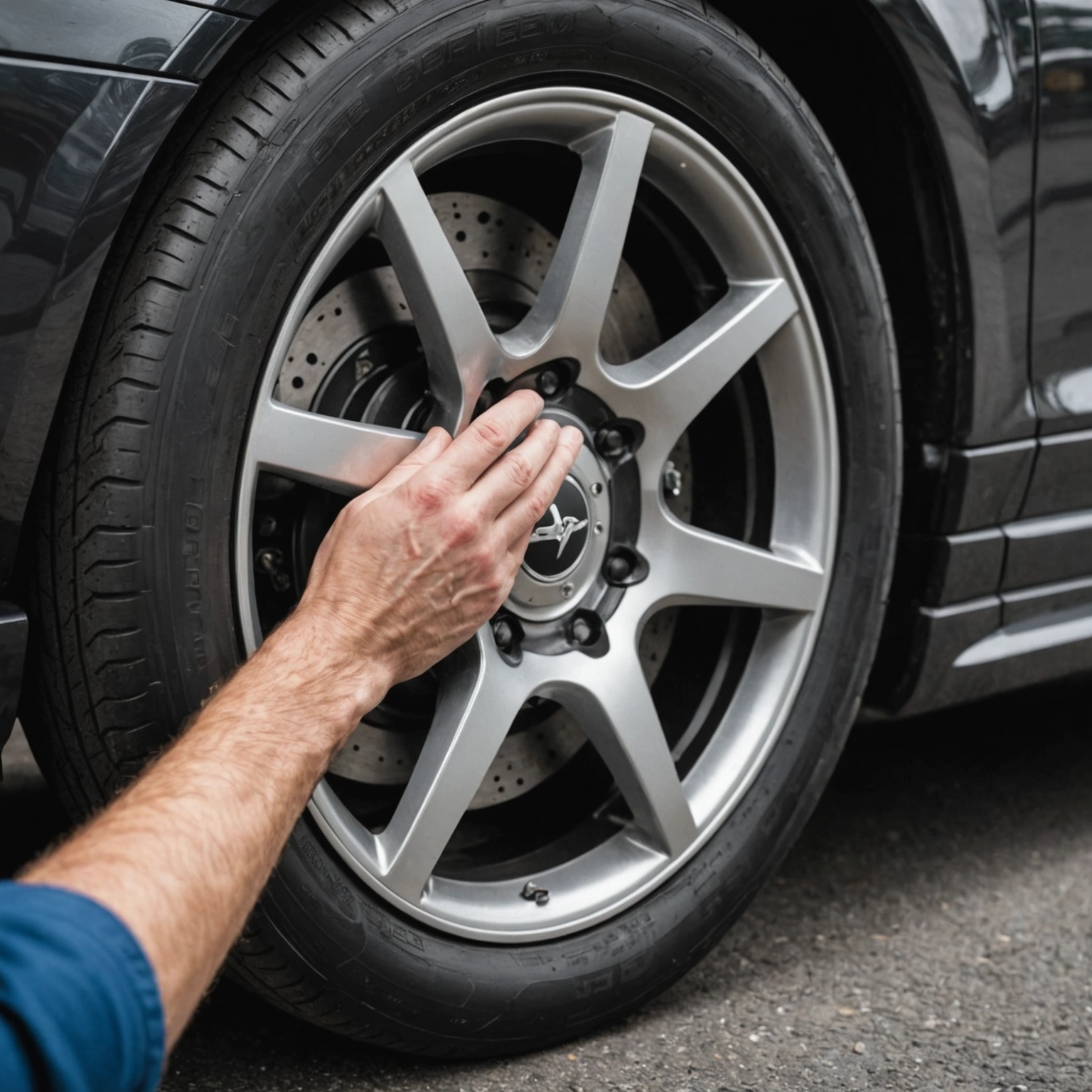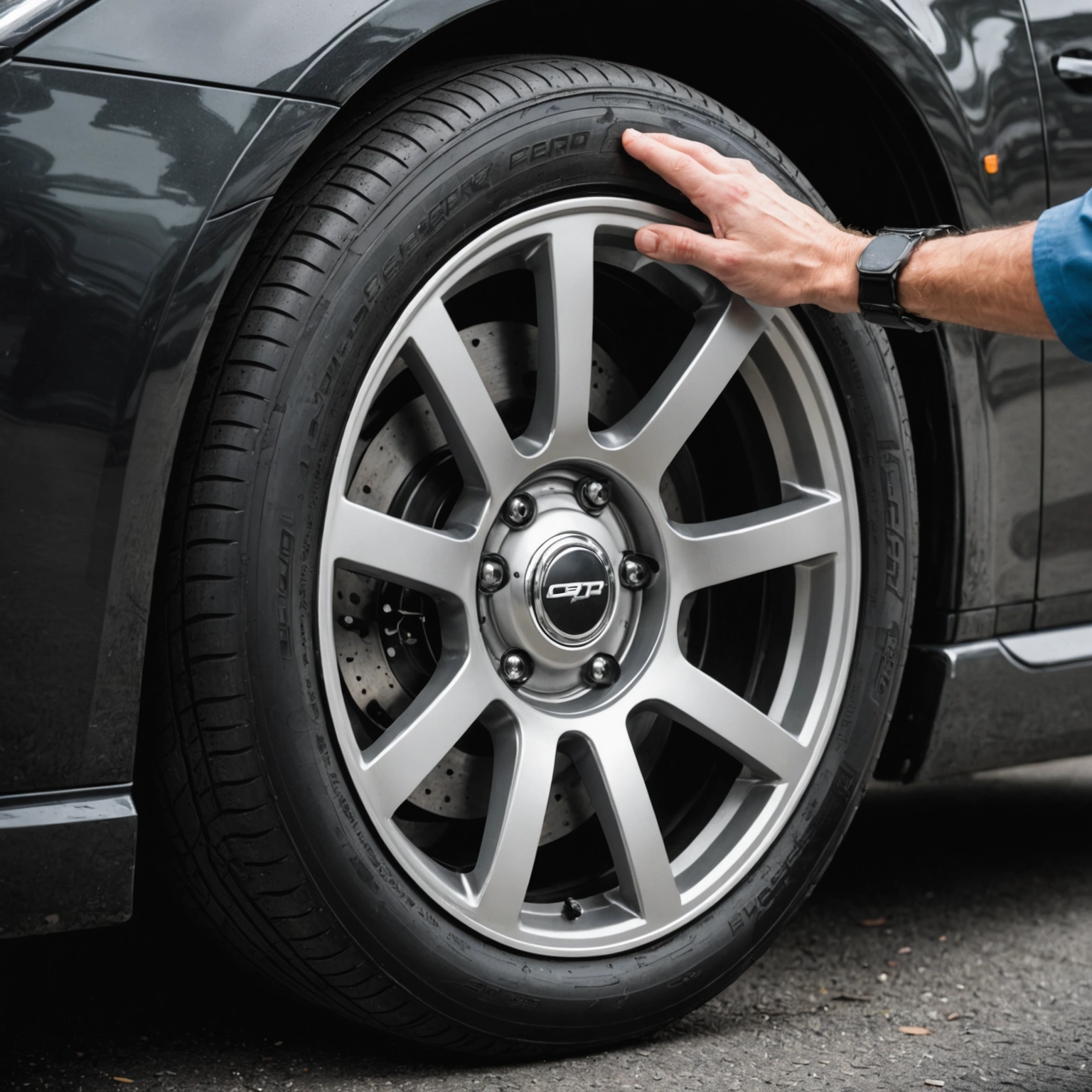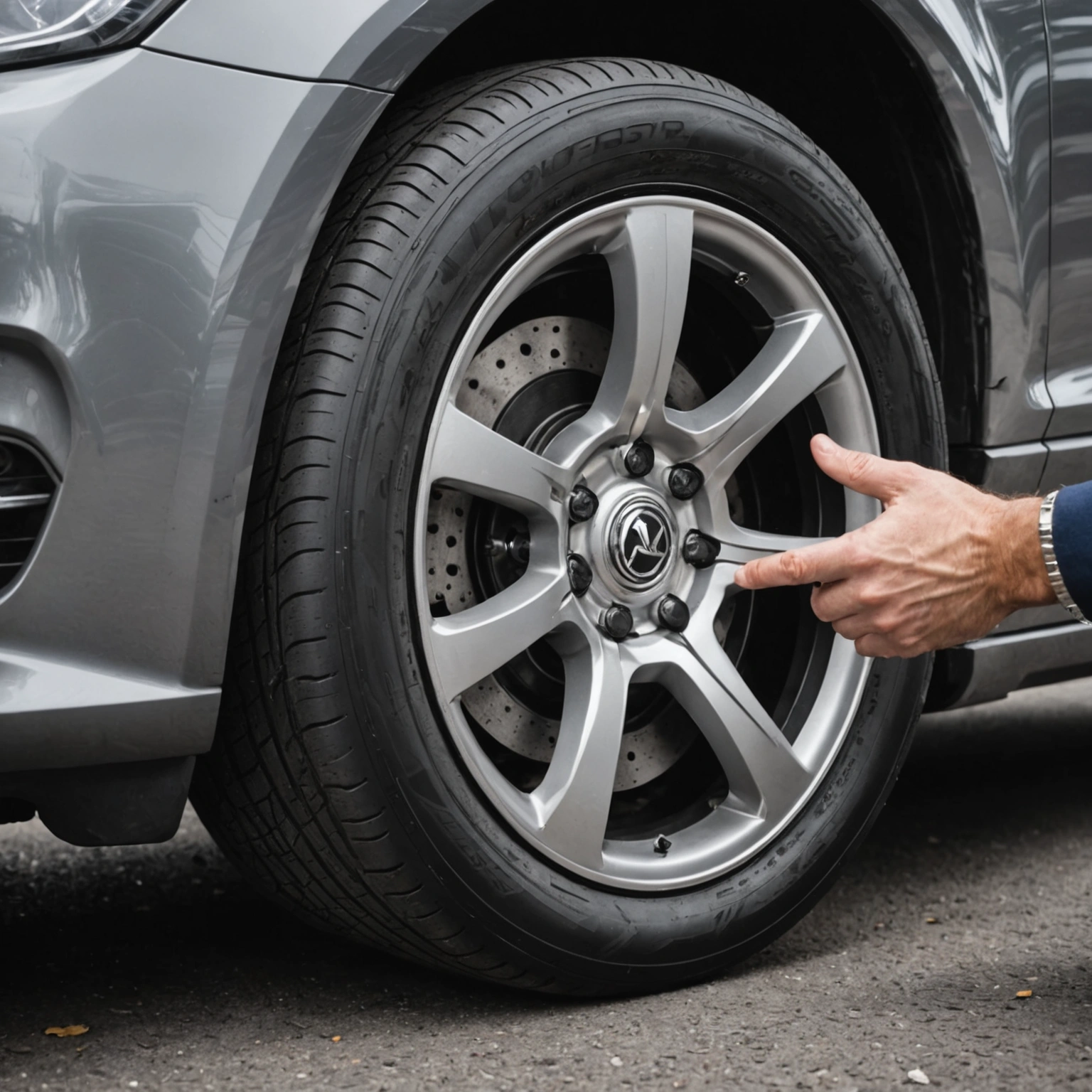**Why Is My Car Jerking When I Brake? Understanding the Causes and Solutions**
Experiencing a jerking sensation when you press the brake pedal can be both unsettling and concerning. It not only affects your driving comfort but can also signal underlying issues that may compromise your safety. Let’s explore the common reasons behind this problem and what you can do to resolve it.

### Common Causes of Jerking When Braking
1. **Warped Brake Rotors**

One of the most frequent causes is warped brake rotors. Rotors are the discs that your brake pads clamp down on to slow the vehicle. Over time, excessive heat from braking, especially during heavy or repeated braking, can cause the rotors to warp. When this happens, the brake pads grip unevenly, leading to a pulsing or jerking sensation when braking.

2. **Worn Brake Pads**

Brake pads wear down with use. When they become thin or unevenly worn, they may cause inconsistent contact with the rotor surface, resulting in jerking as you brake.
3. **Brake Caliper Issues**
The brake calipers are responsible for pressing the pads against the rotors. If they stick or malfunction—due to corrosion, debris, or lack of lubrication—they can cause uneven braking force, leading to jerking.
4. **Suspension and Wheel Alignment Problems**
Sometimes, the issue isn’t directly with the braking system. Worn suspension components or misaligned wheels can cause the vehicle to jerk when braking, especially if the suspension isn’t absorbing shocks evenly.
5. **Uneven Tire Wear or Tire Balance**
Unevenly worn or unbalanced tires can amplify the jerking sensation when braking. This is often more noticeable at higher speeds or during sudden stops.
6. **Dirty or Glazed Brake Pads**
Over time, brake pads can become glazed or contaminated with brake fluid or debris, reducing their ability to grip the rotor smoothly.
### How to Diagnose the Issue
– **Visual Inspection:** Check the rotors for visible warping or grooves. Also, inspect the brake pads for uneven wear.
– **Listen for Noises:** Squealing or grinding sounds during braking can indicate worn pads or rotor issues.
– **Feel the Pedal:** If the brake pedal pulsates or the car jerks, it’s often a sign of warped rotors or caliper problems.
– **Professional Diagnosis:** If you’re unsure or uncomfortable inspecting these components yourself, a professional mechanic can perform a thorough diagnosis.
### Preventive Measures and Solutions
– **Regular Maintenance:** Have your brake system inspected regularly, especially if you notice any jerking, squealing, or reduced braking performance.
– **Rotor Resurfacing or Replacement:** Warped rotors can sometimes be machined to restore smoothness, but severely warped rotors need replacing.
– **Replace Worn Brake Pads:** Worn pads should be replaced promptly to maintain optimal braking and prevent damage to rotors.
– **Check and Lubricate Calipers:** Ensure calipers move freely and are properly lubricated.
– **Align and Balance Tires:** Proper wheel alignment and balancing help ensure smooth braking.
– **Drive Mindfully:** Avoid aggressive braking and overheating your brakes, which can lead to warping.
### When to See a Professional
If your car jerks when braking, it’s advisable to have a qualified mechanic inspect your braking system promptly. Ignoring the problem can lead to further damage, reduced braking efficiency, or even brake failure.
—
**In Summary:**
Jerking during braking is often caused by warped rotors, worn brake pads, or caliper issues, but it can also stem from suspension or tire problems. Regular maintenance and timely repairs are key to ensuring your vehicle brakes smoothly and safely. If you’re experiencing this issue, don’t delay—schedule a professional inspection to keep your driving safe and comfortable.

